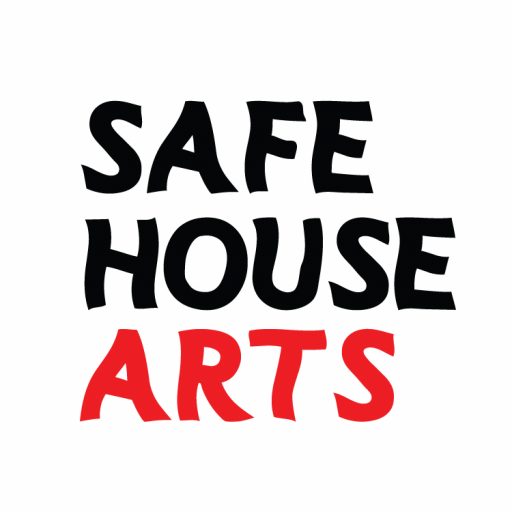Allyship Statement
This is a living document that was contributed by the collective.
Introduction:
At SAFEhouse Arts we believe that artists are the creators of culture. It is our responsibility to use the arts to create a more inclusive culture and practices that lead to a community of belonging for all. Our commitment to greater Equity, Diversity, and Inclusion practices is at the forefront of how we envision our role as artists within the community. SAFEhouse is creating a platform for artists to use their art to create systemic change within ourselves, our organization and our community. This systemic change happens by bringing diverse bodies and perspectives onstage to reflect underserved voices and the diverse communities we serve. In dance’s fullest impact, we can cut across conscious and unconscious barriers to create deep, lasting change.
Where We Have Been
Beginning in 2016, SAFEhouse Arts began a process to make their organization more equitable, diverse, and inclusive. Recognizing the importance of arts organizations that are not only more representative of the communities they serve, but also lift up artists who are part of traditionally marginalized communities, SAFEhouse Arts hired Beatrice Thomas’ Authentic Arts & Media to begin 1 on 1 coaching on the core concepts of EDI with Executive Director Joe Landini. This work then expanded to look at the whole organization and create an EDI plan to help the organization act consistently in alignment with its values of equity and inclusion.
This document exists alongside and in conversation with the Strategic Plan created by Marc Vogl Consulting. As stated in that document, a plan alone will not change SAFEhouse Arts’ direction or impacts.
Where We Are Going
In 2021, SAFEhouse Arts hired EDI and accountability consultant Nikko Kimzin who will collaborate with the board, staff, artists, and community to actualize our plan beginning with Quarter 4 key result areas: (May-June ‘21). These quarterly objectives were created by SAFEhouse arts board, staff and artists.
- Board and Artist EDI Workshop and Training : “Collaboration happens at the speed of trust.” How quickly can we get to trust so that we can collaborate to create a unified vision/language that honors collective input? Facilitated by consultant Nikko Kimzin, the collective participated in a two hour workshop building trust and empathy around these complex issues. In this session, the collective contributed language for our allyship statement. Our hope in producing this language for use on our website, social, and various other applications is to present a visual cue of belonging and allyship for our diverse communities. Our words will be our declaration as we move towards action with transparency.
- Languaging our Vision : With contributions from the collective we will create quarterly allyships statements that inform our community of our progress as we seek to fulfill our organizational commitments to EDI laid out in our action plan. Language will be used for distribution on our website, artist applications, artist contracts, and Co-op Bylaws. By providing our roadmap we ask that our community hold us accountable towards actualizing our goals and join us in the learning process.
- Board EDI Visioning & Responsibilities: To help guide SAFEhouse Arts’ EDI mission, consultant Nikko Kimzin will lead discussions and visionings of new board responsibilities as they relate to EDI.
- Programmatic Healing: In realization of past organizational transgressions and hurt towards artists, we are developing a plan towards healing and amending relationships when possible. This includes accountability for actions taken and pathways towards justice and learning. In delivering our EDI mission we understand that we must move towards healing to be of full service to our community as we look to create policies that will provide safety for all.
Our hope is that with these key result areas we will work towards building a vibrant and inclusive San Francisco arts community. As SAFEhouse Arts works diligently to create systemic change within our organizations we ask that you hold us accountable as we all move towards creating greater communities of belonging.
We invite you to learn alongside us and utilize the “resources for learning” listed below:
- 1619 Project (podcast)


